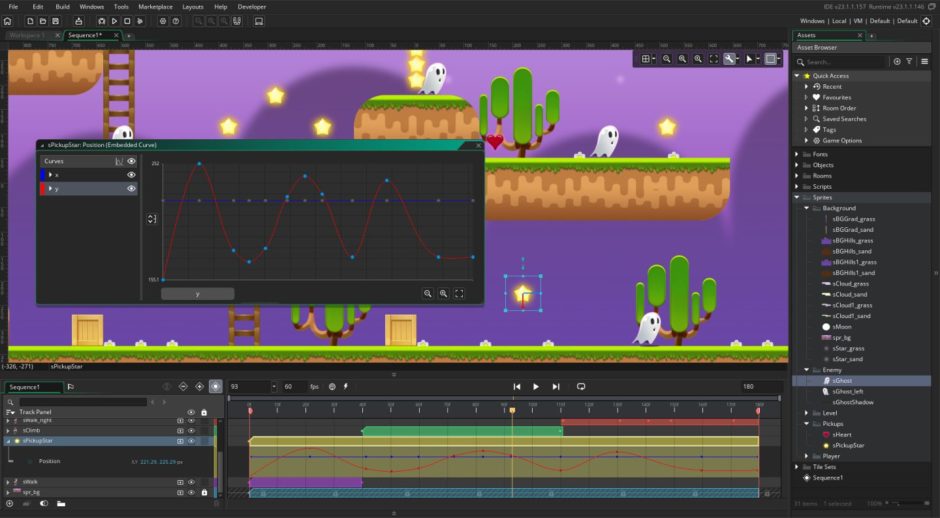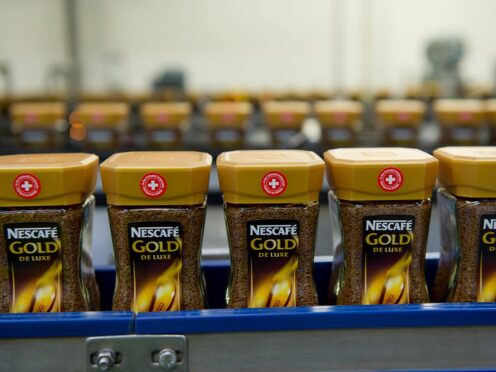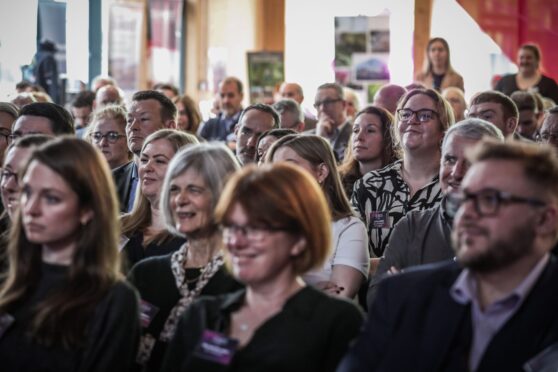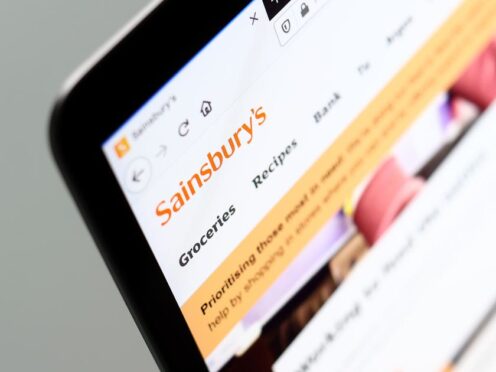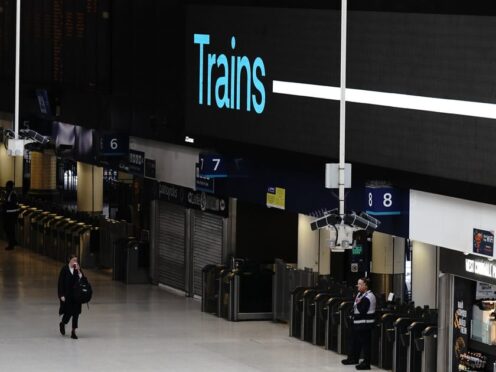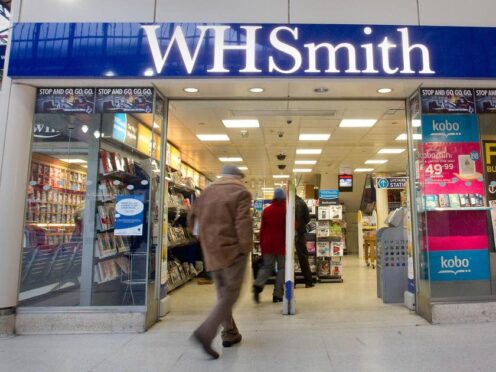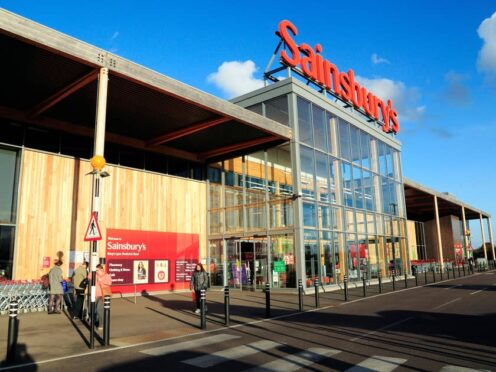A Dundee software company has been acquired in a $10 million deal.
Based at River Court at City Quay, YoYo Games runs one of the world’s most popular 2D game development engines.
GameMaker Studio 2 has been downloaded 10 million times in the past eight years.
The company has been bought by Norweigan software company Opera, which is creating a new gaming division.
YoYo’s general manager Stuart Poole will remain with the business alongside technical lead Russell Kay.
There has also been a commitment the operation will remain in Dundee.
Massive opportunity
Mr Poole said: “For over 20 years, the vision behind the GameMaker engine was to not just create more games, but expand development within and beyond the game studio.
“We think the transaction with Opera – whose products are known, trusted and used worldwide by millions of people every month- represents a massive opportunity to accelerate fulfilment of that founding vision, during a period of exceptional growth for both companies.”
History of GameMaker
GameMaker was developed more than 20 years ago by Dutch computer scientist Mark Overmars before it was acquired by YoYo Games in 2007.
YoYo developed the product further. Its first studio version allowed game makers to export the finished product to multiple platforms including Apple’s IOS, Android, Xbox, Playstation and Nintendo Switch.
The success of GameMaker Studio led to YoYo being acquired by Playtech in 2015 in a $16 million deal.
During Covid-19 downloads of the software exploded to between 1,300 and 1,400 a month.
Brink of shift in gaming
The deal unites GameMaker with Opera GX, the world’s first gaming browser.
Krystian Kolondra, EVP Browsers at Opera, said: “With Opera GX, Opera had adapted its proven, innovative browser tech platform to dramatically expand its footprint in gaming.
“We’re at the brink of a shift, when more and more people start not only playing, but also creating and publishing games.
“GameMaker Studio2 is best-in-class game development software.
“It lowers the barrier to entry for anyone to start making their games and offer them across a wide range of web-supported platforms, from PCs, to, mobile iOS/Android devices, to consoles.”
YoYo employs around 30 staff in Dundee with the product sold all over the world. Just over half of users are in America.
Customers pay $39 for a one-year licence or from $99 to own the software.


